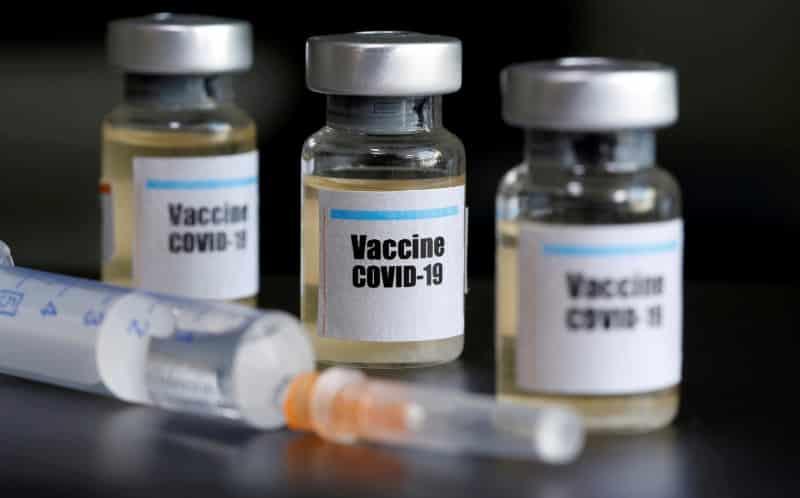The race is on for a COVID-19 vaccine around the world, but some leaders are worried that not every country will have access to it if one is developed.
The signatories of the op-ed published in The Washington Post on Wednesday included: Justin Trudeau, prime minister of Canada, Sahle-Work Zewde, president of Ethiopia, Moon Jae-in, president of the Republic of Korea, Jacinda Ardern, prime minister of New Zealand, Cyril Ramaphosa, president of South Africa (also the chairperson of the African Union), Pedro Sánchez Pérez Castejón, prime minister of Spain, Stefan Lofven, prime minister of Sweden, Elyes Fakhfakh, prime minister of the Republic of Tunisia.
“As the world is still in the midst of the deadliest pandemic of the 21st century, with the number of cases still rising at the global level, immunization is our best chance of ending the pandemic at home and across the world — but only if all countries get access to the vaccine,” the op-ed read.
The leaders went on to note that “vaccines are the most powerful public health tool and are critical for saving lives,” and that there are roughly 200 vaccine candidates right now.
“This cannot be a race with one winner. When one or more vaccines are successful, it must be a win for all of us,” the leaders wrote.
However, they noted that even if a vaccine is developed, the ability to produce and distribute it on a global scale “will truly put global cooperation to the test.”
They continued:
“Therefore, we must urgently ensure that vaccines will be distributed according to a set of transparent, equitable, and scientifically sound principles. Where you live should not determine whether you live, and global solidarity is central to saving lives and protecting the economy. A managed flow of the vaccine —including for humanitarian settings and other vulnerable countries such as the least developed countries and small island developing states — is the wise and strategic course of action and will benefit countries across the world.”
Additionally, they called for the distribution of the vaccine to be “guided by [World Health Organization] advice and based on needs rather than means.”
“A successfully managed vaccine distribution will also be a cornerstone of strengthening multilateralism for the future — as was the Security Council resolution on covid-19 drafted by France and Tunisia, demanding a global cease-fire in armed conflicts — and an important step toward coming back stronger together,” they wrote.
Finally, they called on world leaders to commit to “an equitable distribution of the covid-19 vaccine, based on the spirit of a greater freedom for all.”
As scientists work at a break-neck pace to develop a vaccine, some experts fear that countries will put restrictions on a vaccine to ensure their citizens can get the vaccine before exporting it around the world — and others worry that some countries will not share the vaccine at all.

























 Continue with Google
Continue with Google